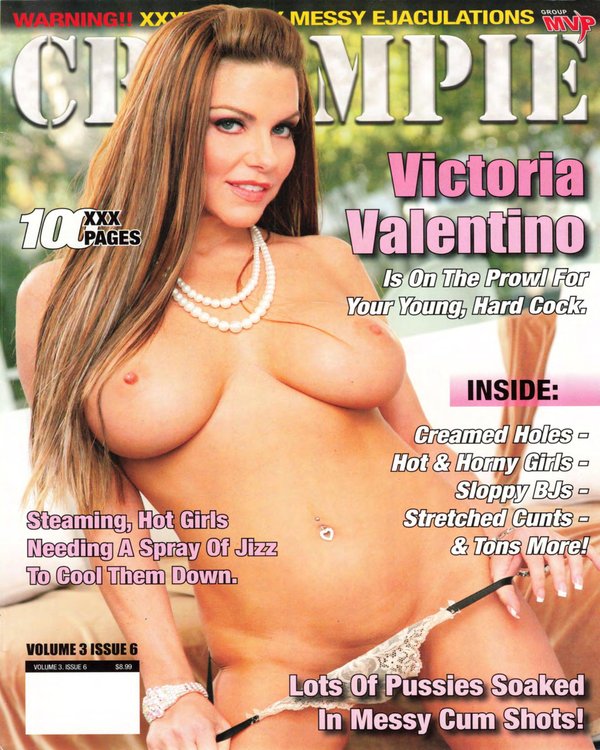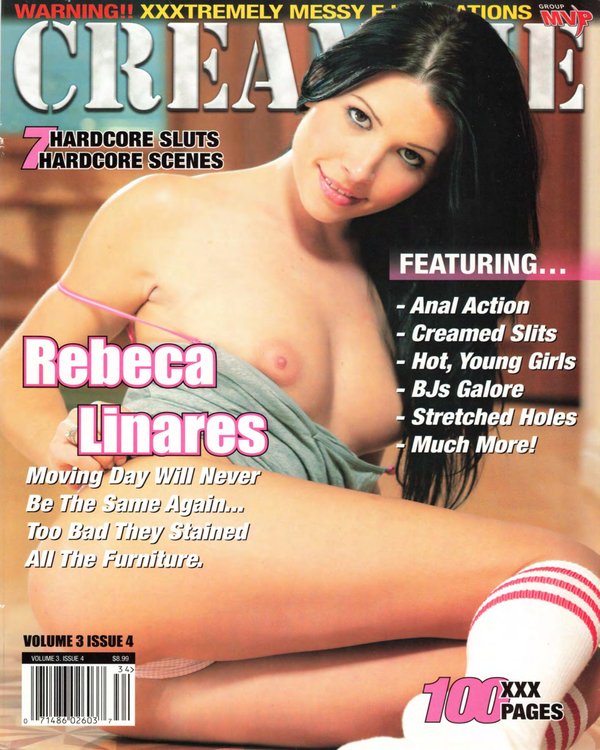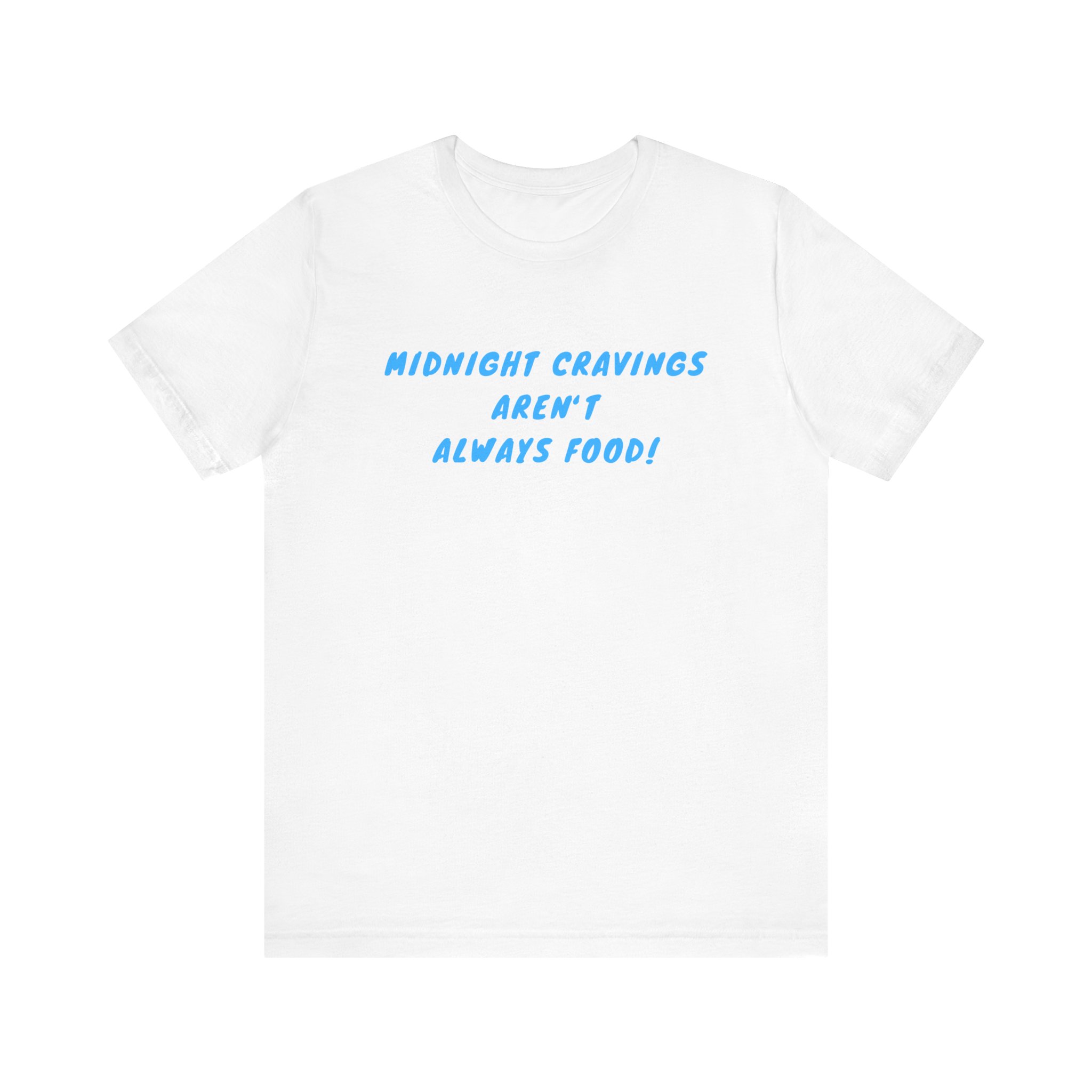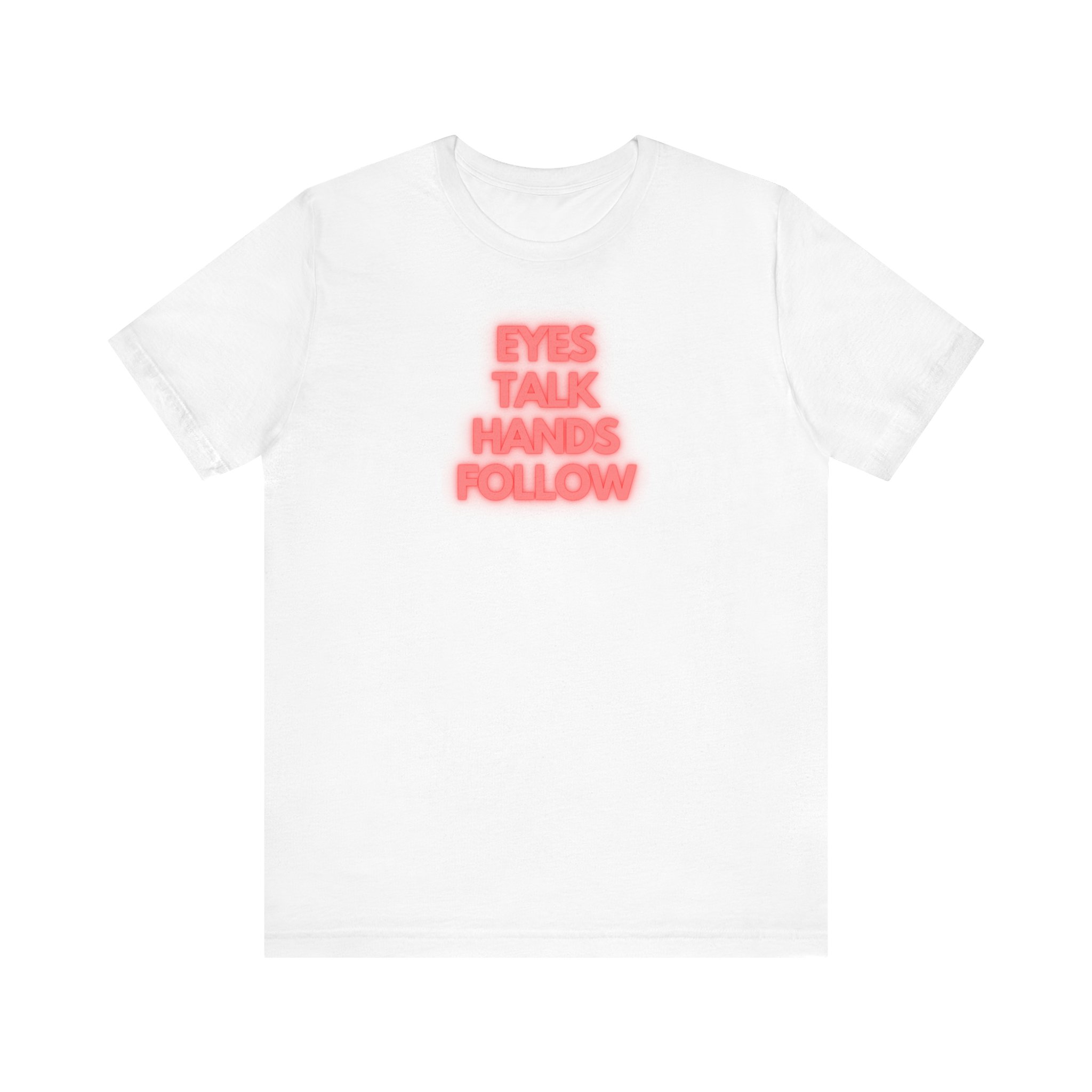Judy tapped her foot. The soft sound of her flat, worn soles on the pavement seemed deafening in the surrounding silence. She was nervous. Other times when she'd been out at night, she'd never thought much of it. She wasn't the kind of girl to imagine a Soviet spy sneaking out from behind a hedge or one of the monsters from the drive in double features rising out of a sewer grating. Nor did she think any specter waited for her in the shadows of the bus stop. Then why did she fret? Why had her hands turned white from the grip around her small bag?
She clutched the floral print case to her body, assured by the feeling of something familiar. Inside the bag were all the things she'd need, a toothbrush, two other dresses she worried would overly wrinkle, a pair of heels she'd stolen from her mother, cosmetics and hair brush, a bottle of milk wrapped in a paper bag to keep the sweat from leaking on the other items, and, tucked into a small tin box, a loaf of bread and a small slab of butter. Her parents and sisters had not noticed as her things disappeared from the house, but her mother noticed instantly when the bread went missing. Judy's father blamed it on the dog, but her mother laid the blame at one of Judy's youngest sister's friends, Yvette, a poor girl with a drunkard of a father. It was a hard line to walk, being furious at the theft and being sensitive about the girl's situation, but her mother managed it deftly all while Judy herself kept the stolen loaf in its tin under her bed.
Headlights down the road drew her attention. They floated toward her like two cat eyes sent out independent of their host for some nefarious purpose. "It's too early for the bus," she thought. Judy slipped back from the orange light of the street lamp as the car neared. Her heart thudded in her chest as she strained her eyes to make out the model of the car. She fully expected to see the bizarre pink stripe running down the side of her father's Chevy, his tired eyes peering out of the cab as the white steering wheel rolled from side to side. With three short words, he'd have her back in the car. They would ride in silence back to the house. They wouldn't speak of it after that. She knew her father and, despite his fury, he would lie for her. Judy crouched down behind the hedge row. The car rolled on past, no pink stripe, no white steering wheel, and no pair of bloodshot eyes set deep in a weary face.
Why did the dark bother her? She'd passed by this bus station hundreds of times in her life. Judy looked over to the spot on the opposite side of the street where she'd stood on the day the town's young men shipped out. She remembered her father's hand clapped on her shoulder while he looked wistfully at the young men piling into the bus. Her eyes had not lingered long on the handsome boys as they pushed excitedly into the bus, she'd been too young to care, but instead lingered on her father's lips. As each of the soon to be soldiers took the step up, her father mouthed their names. He'd taught each and every one at some point, blathering at them from behind a desk about the importance of literature as their minds fixated on new cars and carnal interest in the girls beside them. Judy could see the pain in her father's eyes and felt ashamed that her father looked so despondent in a sea of bright faces. Around them the town cheered and told their favorite sons to "give 'em hell!" Judy wanted to join in the revelry, but those solemn eyes kept her in check. How many had gotten on the bus since that day over ten years ago? Crowds didn't turn out any more, only the families. They didn't cheer, but sometimes still said to "give 'em hell" though with more sobriety and pause than jubilation.
Judy cursed herself. She'd forgotten her watch. It remained on her dresser as clear as day in her mind. Whatever the time, Hugh was late. She strained her ears, hoping to hear the footsteps of her boyfriend clattering down the street, but only the sound of her own pulse throbbed in her ears. Nothing moved and nothing made a sound other than the lazy drift of wind, barely enough to move an old leaf on a dead stem. Again, Judy considered the darkness around her. The bus stop was on the edge of town, a full ten blocks from her house. She hoped her mother was drinking coffee in the kitchen with one of her romance novels in hand while her father dozed in his arm chair, a crossword puzzle lolling in his hand. Her sisters would be asleep, and they all should assume Judy was as well. Looking back at the town from her hidden spot in the shadows, she could discern the faint glow that arose from the mingling of street lamps and shop lights. The warm light called to her.
Give up this flight of fancy. Come back to your warm bed and good life. He'll never amount to anything.
The words rang bitterly in her head. Her mother never approved of Hugh. She called him a coward and an activist, one of the worst words her mother would say. Judy's father never spoke against the boy, but clearly had no interest in defending him either. Judy knew Hugh was something more than that. Judy knew Hugh could change the world. She knew he wasn't running away, but that he was simply not walking into the slaughter house. War fatigue had set in nationwide, but a young man trying to avoid service was still treated like Frankenstein's monster. Judy had been with Hugh when the letters arrived. It was a shock to see him pull out the university letter and then reach back in the box to remove a second one, a manila envelope with "WAR DEPARTMENT" stamped in the return address. Judy had seen the letter the Captain delivered to her friend Sally's parents. Sally had showed it to her in a sort of morbid bragging. The two, Sally's and Hugh's, looked identical. The university turned Hugh down and the War Department happily accepted.
That started them talking. Hugh never intended, from sixteen up till he received his letter, to go into the Army. With a college acceptance, he could put it off for a while, at least. He hoped he'd be able to become an engineer and start designing things stateside to help. Most of America saw civil service or armed service as the only two legitimate ways of helping, but a third path did exist. Everyone talked about it, in school halls behind locker doors or at the ice cream parlor as the jugs of Milktec Milk gleamed from behind the counter. Some of the more worldly students had no problem talking about it openly, but, for respectable families like Judy's, Milktec was something on the shopping list and nothing more. Hugh said he knew of a Milktec Dairy that paid cash and didn't ask questions. Good labor was hard to come by in the states as the war demanded a strict oversight of all industry. Plenty of factories looked the other way on personal history and still paid well.
Footsteps. They patted against the smooth stone and came to an abrupt stop. Judy peeked out from her hiding spot and saw him. He wore a night shirt and a pair of jeans. His hair was unkempt and wind swept from the run. Hugh heaved in great breaths as his head spun around and a grimace of disappointment and fear crept over him. Judy popped out into the light with a broad grin that melted away his fears. She threw her arms around him, slamming her bag into his back as he pulled her close to him. "I thought you'd been caught," he rasped into her ear.
"Caught? Not that I just didn't come?" she asked.
"I knew you wouldn't leave me to this alone. Never doubted that for a second." He kissed her. Simple and sweet, with little experience in the act.
"What kept you?" she asked as they broke apart. Hugh was emblazoned in the light, but around them the dark still crept. Her joy of seeing him subsiding, she imagine all the ghosts of their past chasing him in the night.
"Dad kept talking to me. I think he might know I was planning something. Wanted to talk baseball all of the sudden."
"Will he come after us?"











